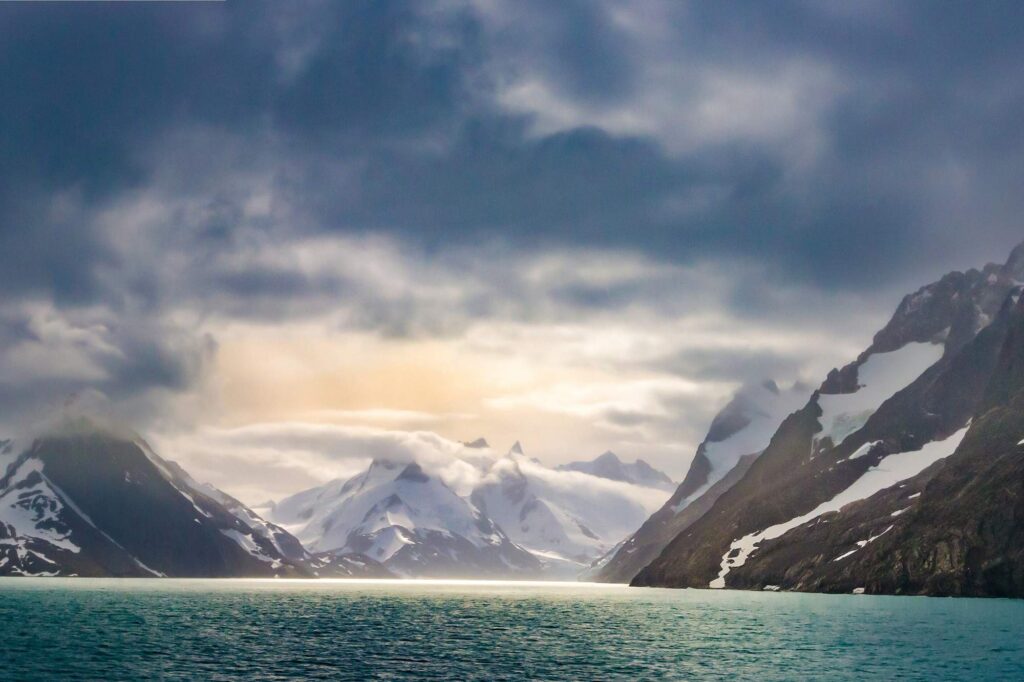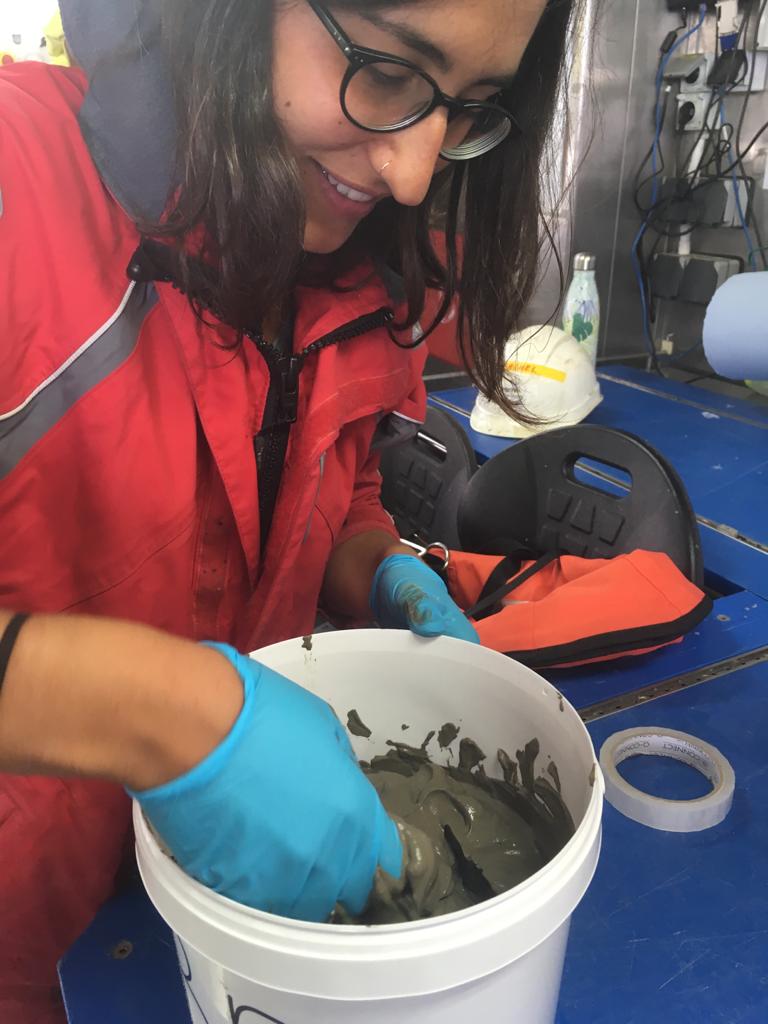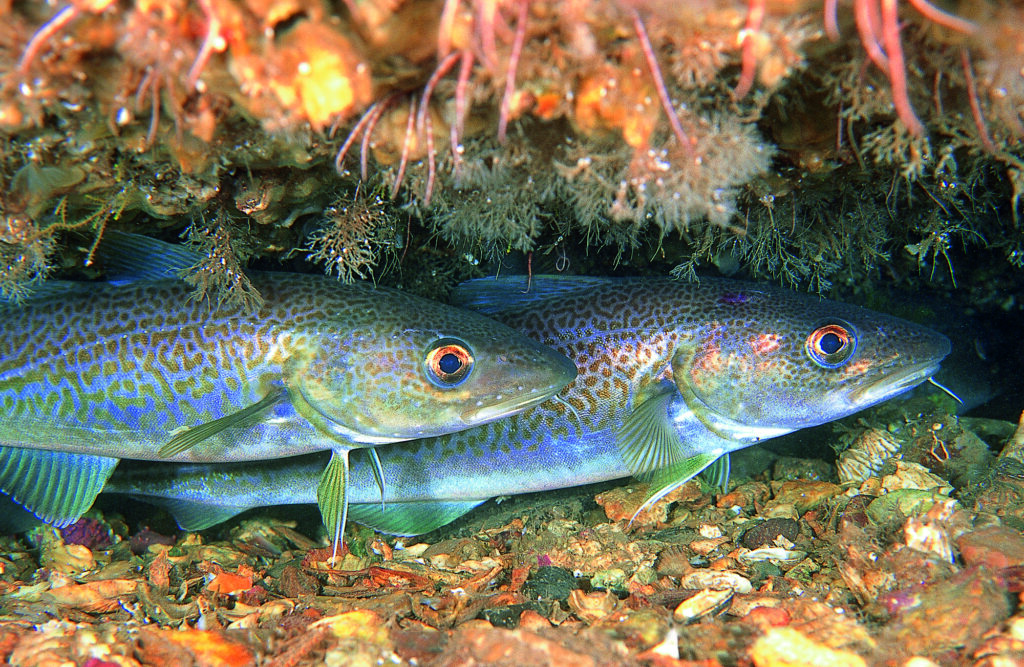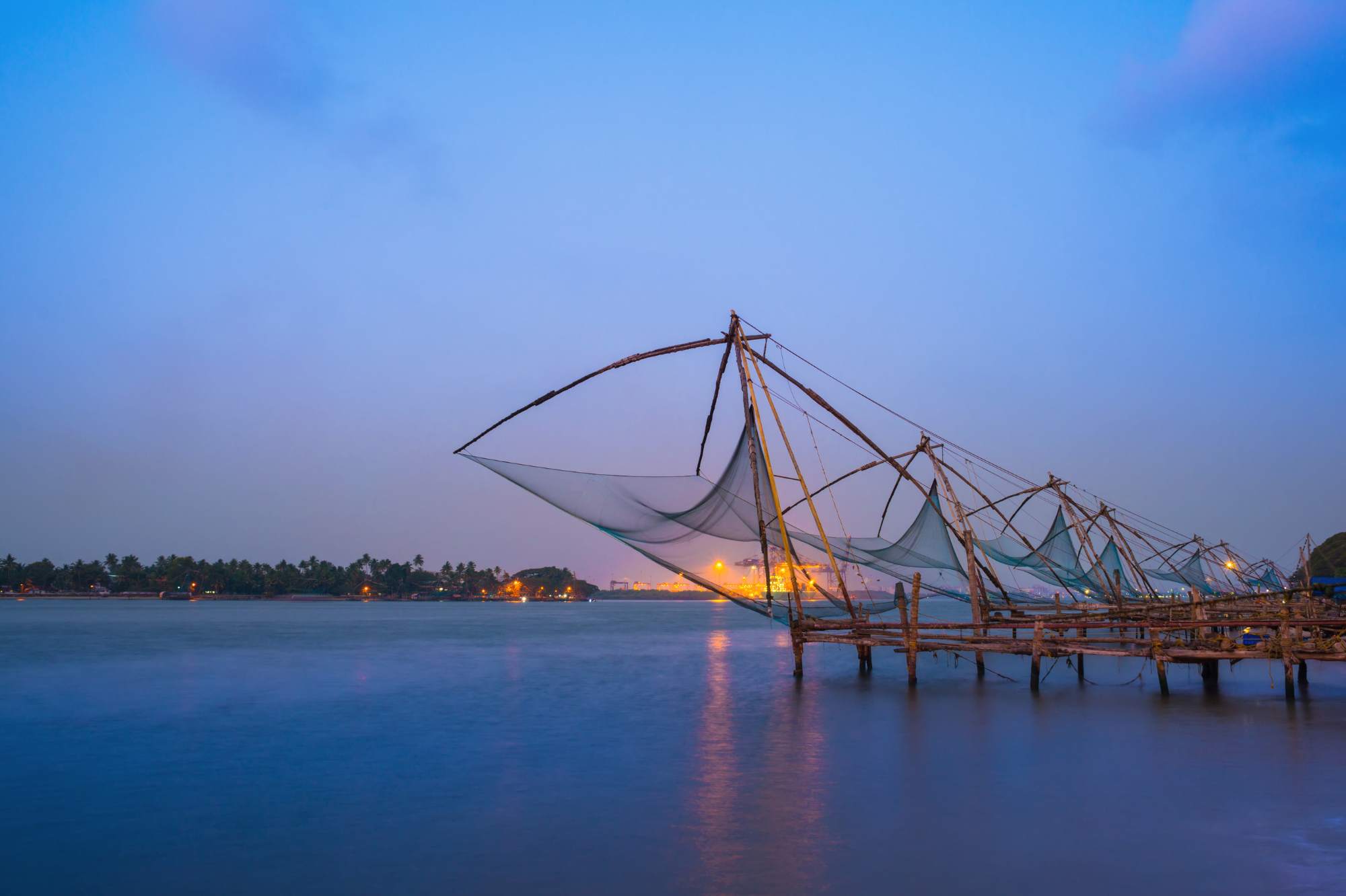Ocean Census Flagship Expedition: Searching for New Species in the South Sandwich Islands
Thursday 20 February 2025 - Friday 28 March 2025

PML’s Dr Giulia La Bianca will be joining the Schmidt Ocean Institute’s expedition ‘Searching for New Species in the South Sandwich Islands’.
Dr La Bianca, benthic ecologist at PML, will be participating in an Ocean Census flagship expedition onboard the Schmidt Ocean Institute research vessel Falkor (too) to process samples and identify species. The cruise will sail from Punta Arenas in Chile, to the South Sandwich Islands, from 20th February to 28th March.
Data from this expedition with Dr La Bianca onboard will contribute to the Ocean Census mission to accelerate the discovery of ocean life while advancing understanding of geohazards in the region and throughout our global Ocean.
Dr La Bianca commented: “I am so thrilled to join the deep-sea expedition on Falkor too! Only a few hours away from meeting a fantastic team from across the world and spend 6 weeks characterising and sampling deep-sea biodiversity around South Sandwich Islands. Can’t wait to start this incredible adventure, cruise through the Chilean fjords and explore these remote and unique ecosystems.”

Image caption: Dr Giulia La Bianca
The Ocean Census is the largest program in history dedicated to discovering life in our ocean. Launched in April 2023 by The Nippon Foundation and Nekton, and as an endorsed UN Ocean Decade Programme, the Ocean Census coordinates an international alliance of research institutes, scientists, governments, media, and organizations. Schmidt Ocean Institute has been a part of the Ocean Census alliance since its launch in 2023.
We will be sharing updates on our social media channels, stay tuned! And you can stay-up-to date with live updates from Giulia herself through posts on her LinkedIn page and BlueSky page.
More information about the expedition:
The closest human beings to the research vessel Falkor (too) during this expedition might be orbiting the Earth on the International Space Station. The South Sandwich Islands is one of the most remote island chains in the world. It is a volcanic archipelago created by the South American Plate subducting beneath the South Sandwich Plate. Situated between the Southern and Atlantic Oceans, these islands are part of a rich mosaic of tectonic forces that create geologic features such as hadal zone trenches, underwater volcanoes, and spreading centers. These features facilitate high levels of endemism, supporting species found nowhere else.
Little is known about the biogeography of the South Sandwich Islands. How are currents and seafloor features restricting or enriching where animals live and reproduce? Researchers are excited to explore a potential biogeographic border created where the Antarctic Circumpolar Current (ACC) intersects with the Atlantic. This current creates distinct temperature boundaries that shape biodiversity and species adaptations. By sampling on both sides of this boundary, the team will compare how environmental conditions influence the evolution of life in these extreme habitats.
The team will explore deep-sea areas, searching for new species, and experts anticipate encountering many organisms new to science. They will collect abundant footage and samples for future taxonomic workshops. Taxonomy provides a structured approach to classify the diversity of life on Earth. By sorting organisms into categories, including family, genus, and species, scientists build knowledge on how different organisms are related and how species have evolved. As biodiversity is being lost at an unprecedented rate due to human activities, accurate data about existing biodiversity is critical for informing policy and conservation. Additionally, polar environments, broadly, represent some of the most rapidly changing marine environments on the planet. Huge volumes of cold water are lost yearly, and this exploration will help establish a baseline for understanding change in the future.
The team will also examine eruption and earthquake activity with a focus on the potential for tsunami generation and future geohazard risks. Geohazards is a broad term for geologic events like earthquakes, volcanic eruptions, and tsunamis that might have catastrophic consequences for the environment and human life. Geohazards are especially pronounced near tectonic plate boundaries. Several islands in the South Sandwich Islands chain are volcanically active, as are many seamounts. Due to their remote location, they are some of the least understood volcanoes in the world.
The experts will rely on mapping data, photogrammetric imaging, and ROV imagery to study how the earthquake may have changed the underwater landscape and if underwater landslides contributed to tsunami propagation. They will also explore how volcanic substrate shapes regional animal communities across local scales and whether they have changed over time.
More information about the Schmidt Ocean Institute:
Schmidt Ocean Institute was established in 2009 by Eric and Wendy Schmidt to catalyze the discoveries needed to understand our ocean, sustain life, and ensure the health of our planet through the pursuit of impactful scientific research and intelligent observation, technological advancement, open sharing of information, and public engagement, all at the highest levels of international excellence. For more information, visit www.schmidtocean.org.
Current Events
No current events at this time.
Upcoming Events
‘Future of Food’ exhibition at the Science Museum
24 July 2025
PML x NOC Virtual Work Experience Week
11 August 2025
Resilient Coasts, Thriving Communities: A Sea of Solutions
18 August 2025


